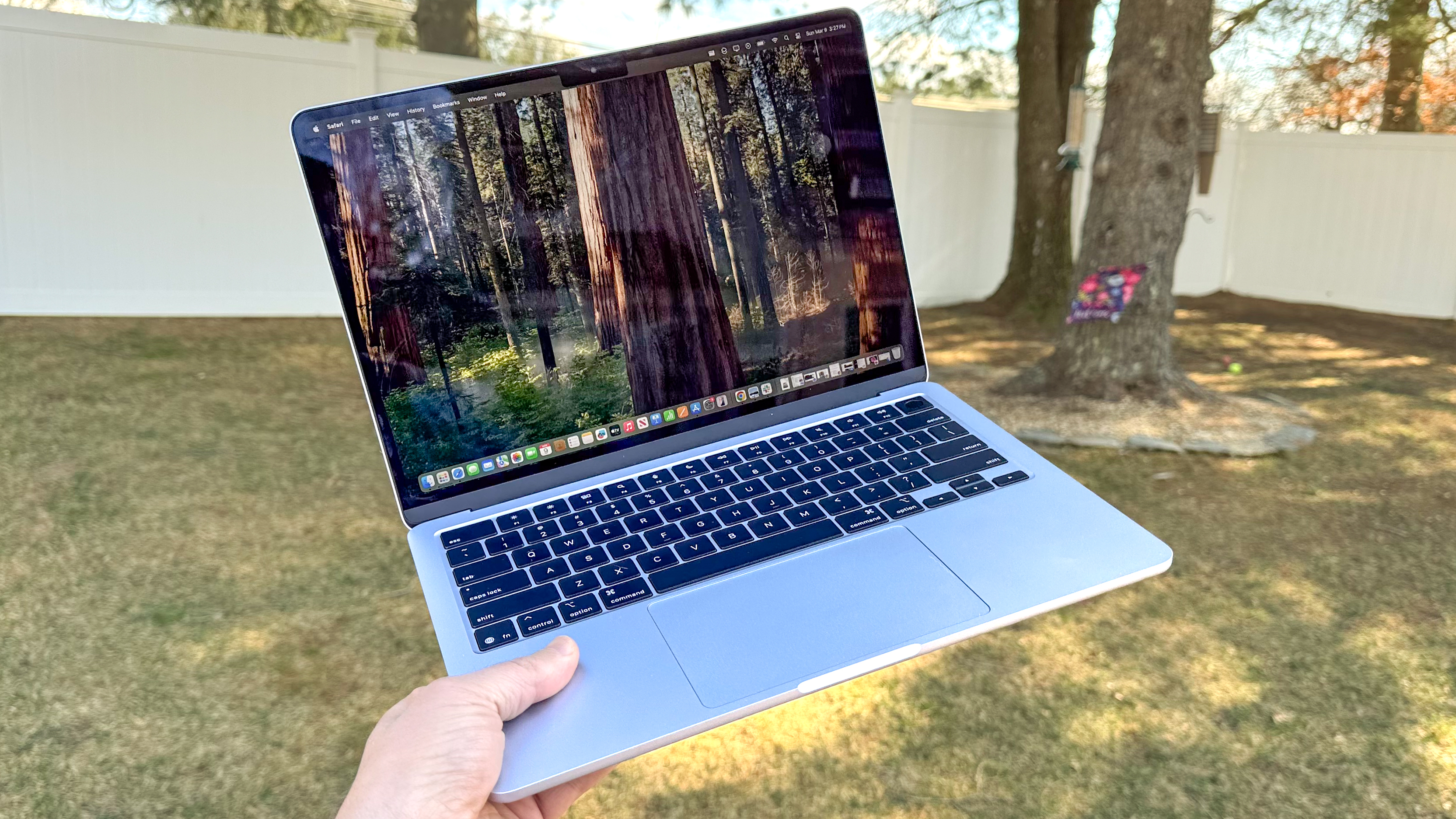Hey, Apple — where’d my $499 iPhone go?
Apple's revamped iPhone lineup is missing a key option
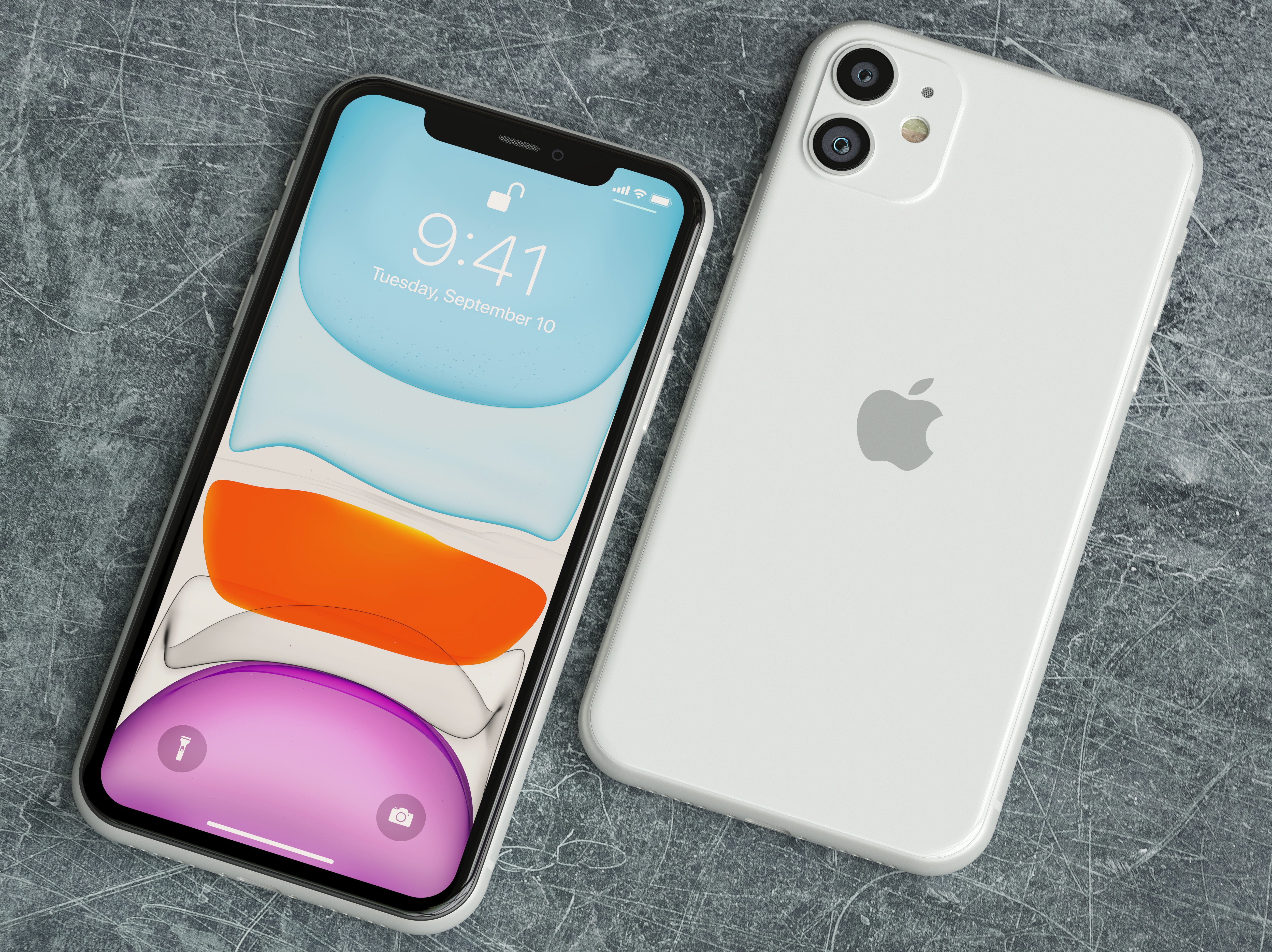
Here at Tom’s Guide our expert editors are committed to bringing you the best news, reviews and guides to help you stay informed and ahead of the curve!
You are now subscribed
Your newsletter sign-up was successful
Want to add more newsletters?
Join the club
Get full access to premium articles, exclusive features and a growing list of member rewards.
Apple has a standard practice whenever it launches new iPhones — go through its phone lineup and weed out any older models that either distract from the new releases or have otherwise outlived their usefulness. The result is that some of the best iPhones drop from view, while other older phones see a price drop. In that way, bargain hunters who can't or won't pay flagship prices can still pick up an iPhone at a relative discount.
Indeed, that's what happened this year with the iPhone 14 announcement. After showing off four new models — the standard iPhone is joined by the iPhone 14 Plus and two iPhone 14 Pro options — Apple pruned some older models from its roster, while lowering the cost of the existing phones that stuck around.
Specifically, the iPhone 12 remains available for sale at Apple, which cut the price on that model by $100. The iPhone 13 and iPhone 13 mini have stuck around, too, also for $100 less than they previously cost. That gives the iPhone 14 lineup room to start at $799 for the 6.1-inch iPhone and scale all the way up to $1,099 for the iPhone 14 Pro Max. The iPhone SE 2022 rounds out the lineup as the cheapest iPhone, available for $429.
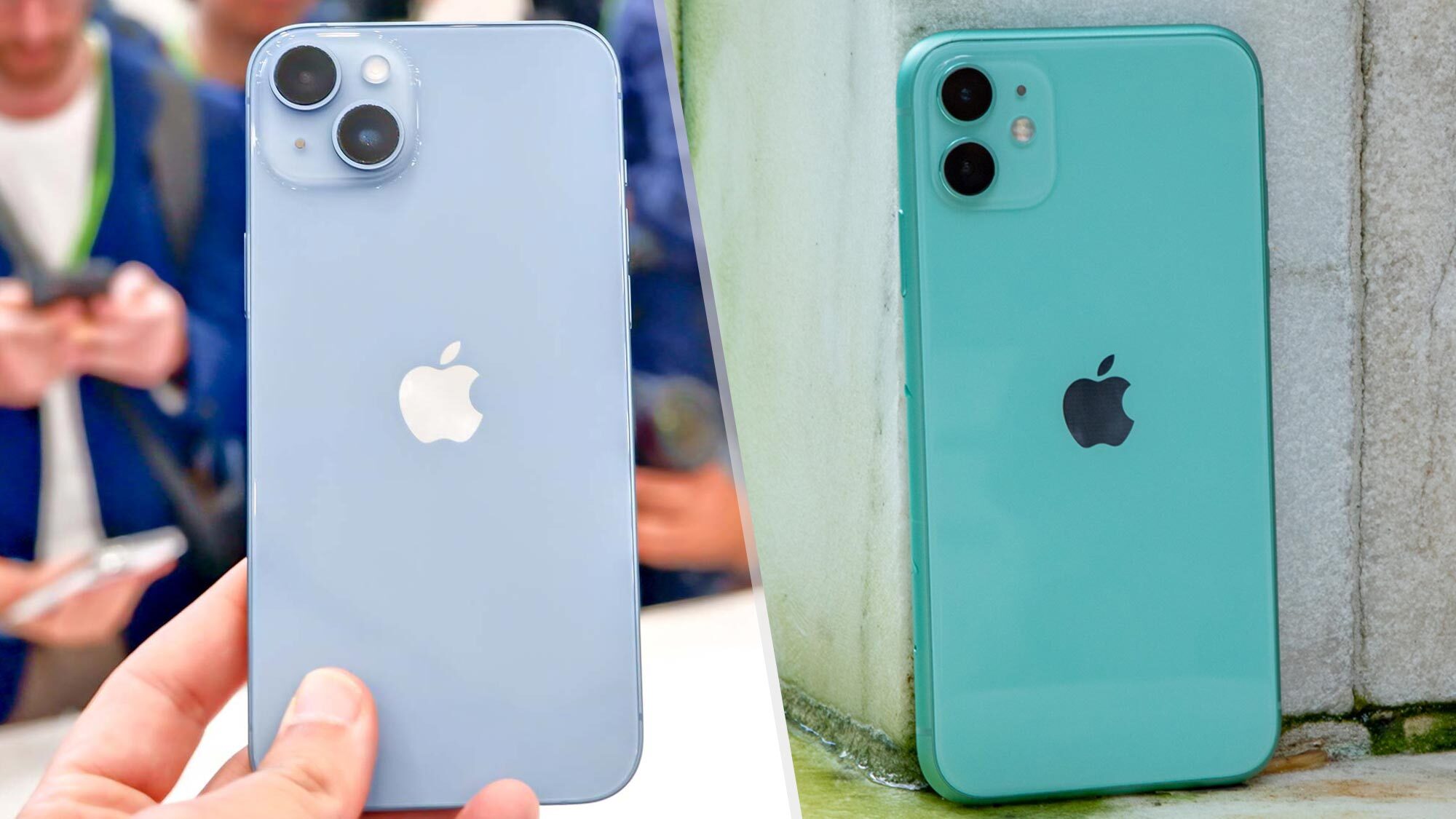
Looks like a pretty complete lineup at first glance, with a phone available at a price for everyone. That is, until you take a closer look and realize there's a $499-sized hole at one end of Apple's revised iPhone offerings.
That's the spot the iPhone 11 used to occupy, before Apple dropped it in the wake of the iPhone 14's release. That's no great tragedy — the iPhone 11 just turned 3 years old, and it's hard to keep selling a phone that aged with a straight face, even if the iPhone 11 can run the newly released iOS 16 without an issue.
The problem appears when no other phone emerged to take the iPhone 11's place in that $499 slot. Normally, as the oldest device still on offer, that would be the iPhone 12's place. But that phone cost $699 after last year's price cut, and another $100 discount this year took the price down to $599. Again, that wouldn't be so bad, but that's what Apple is also charging for the iPhone 13 mini after its $100 drop from last year's $699 debut price.
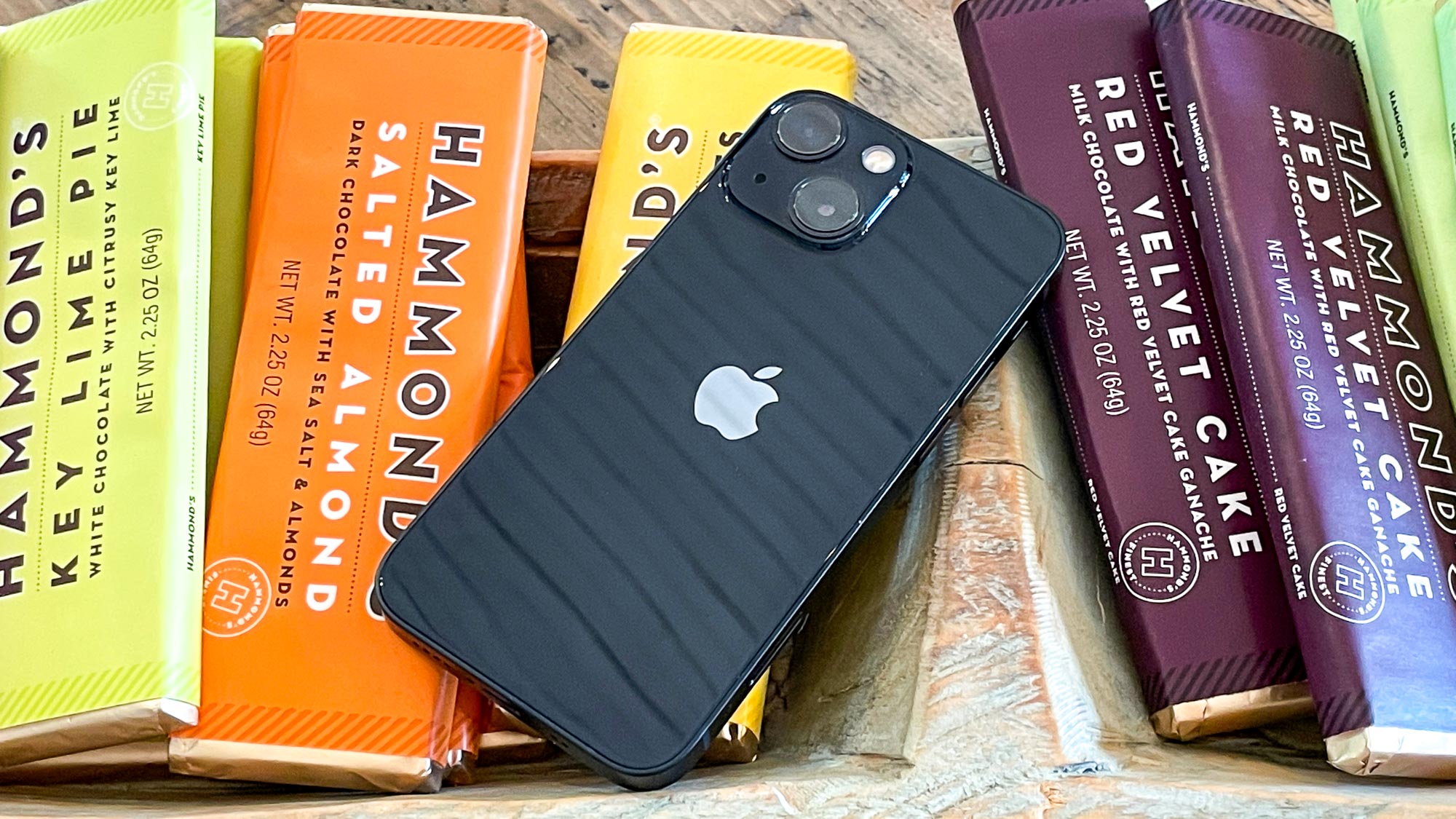
Perhaps this is my failure of imagination, but charging the same amount of money for two devices that came out in different years and feature different internal specs strikes me as odd. The iPhone 13 mini is a newer device, with a better chipset, smaller notch and a bigger camera sensor that lets in more light. It's an undeniably better phone than the iPhone 12 at this point, save for maybe the size of the screen. The iPhone 13 mini has a 5.4-inch display to the iPhone 12's 6.1-inch panel. Is Apple really suggesting the extra 0.7 inches of screen real estate make up for the other features where the iPhone 12 lags behind?
Get instant access to breaking news, the hottest reviews, great deals and helpful tips.
It seems to me that the iPhone 12, as the older model, should have taken a bigger cut. Even if Apple thought a $200 drop to $499 was too steep, surely charing $529 for a phone that came out in 2020 wouldn't be too generous a discount. It would give budget-minded shoppers another option without too much of a hit on the iPhone SE's appeal as the most affordable of Apple's phones.
As it stands, if you balk at paying much more than $500 for a phone, the iPhone SE is now your only option at Apple. And while the iPhone SE certainly holds its own against the best cheap phones, the compromises you have to make for a lower price tag are quite significant. That $429 price only buys you 64GB of storage — you want to double that, you've got to come up with another $50. You're also stuck with a dated phone design that's heavy on bezels and light on rear cameras. (There's only one of those on the iPhone SE.) You don't even get a Night mode with that phone.
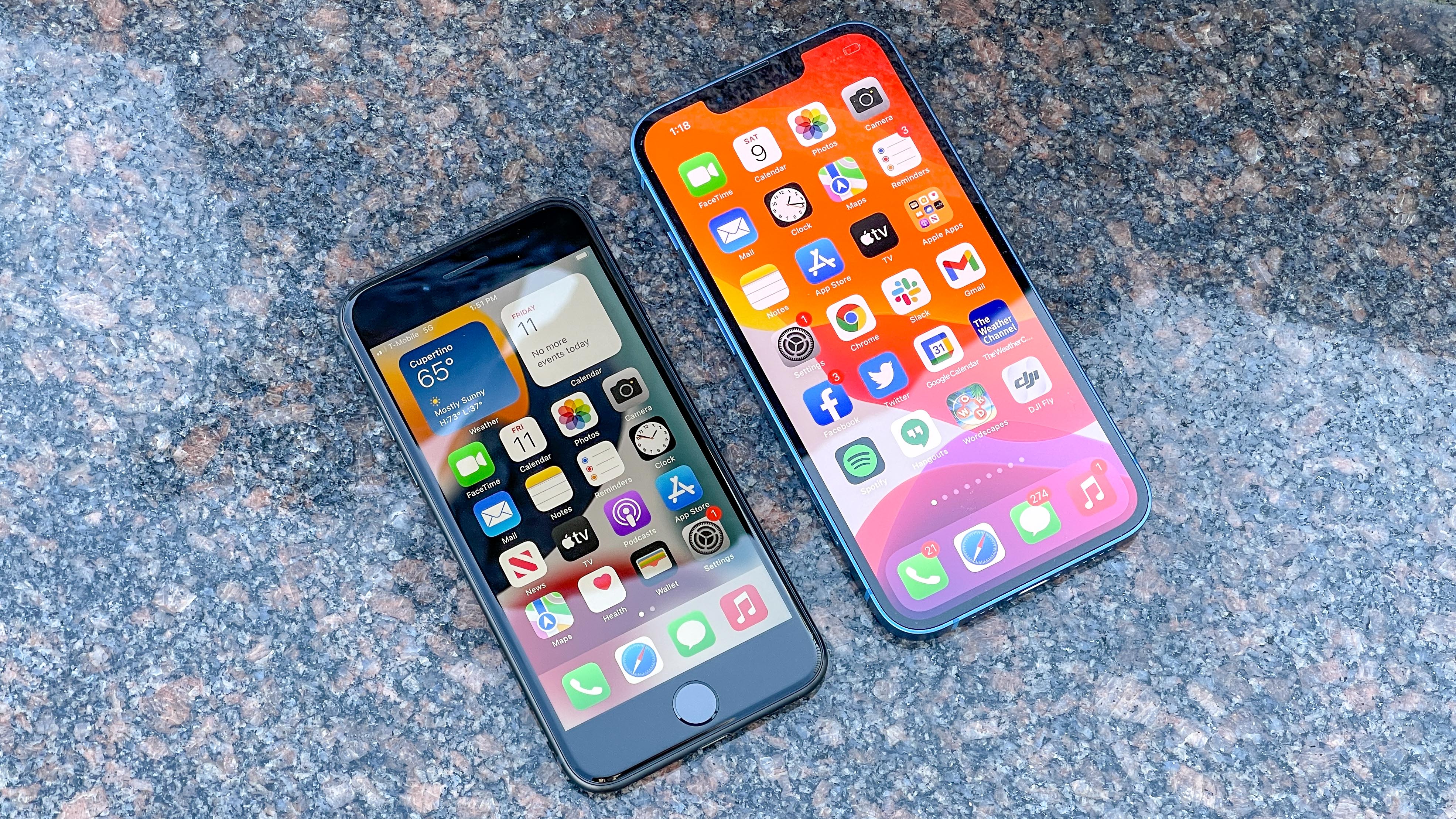
For the most part, these will be compromises, some iPhone shoppers will be happy to make for a low-cost handset. But I'm guessing more than a few might have paid up for the iPhone 12 and its dual rear cameras if Apple had discounted the price only slightly more aggressively.
Then again, having sold around $40.7 billion in phones the last quarter, it's not like Apple has been pining for my insight. A lot of people smarter than me have told that company its business, only to wind up with egg on their face.
I can only approach this from the perspective of a phone shopper, which I am, and someone's who mindful of rising costs all around us. I would have preferred another low-cost option in Apple's new phone lineup, and I don't think I'm the only person who feels that. Besides, if we can praise Apple for keeping a lid on its flagship prices, we can also give them heat for maybe not making the prices of its discounted phones as appealing as they were before the iPhone 14 arrived.
Philip Michaels is a Managing Editor at Tom's Guide. He's been covering personal technology since 1999 and was in the building when Steve Jobs showed off the iPhone for the first time. He's been evaluating smartphones since that first iPhone debuted in 2007, and he's been following phone carriers and smartphone plans since 2015. He has strong opinions about Apple, the Oakland Athletics, old movies and proper butchery techniques. Follow him at @PhilipMichaels.
 Club Benefits
Club Benefits











